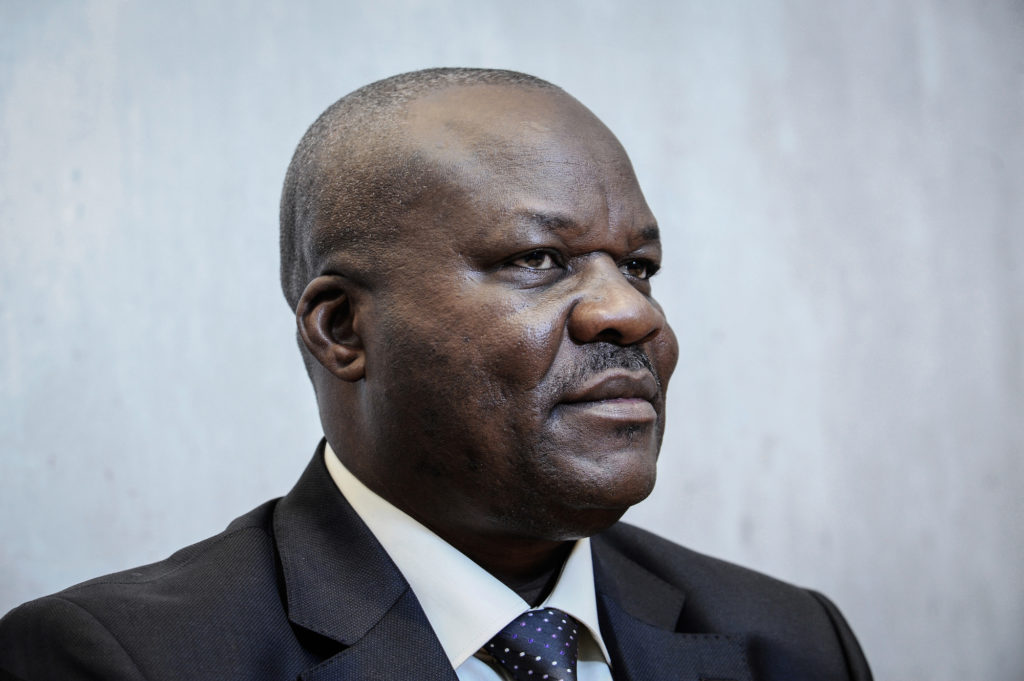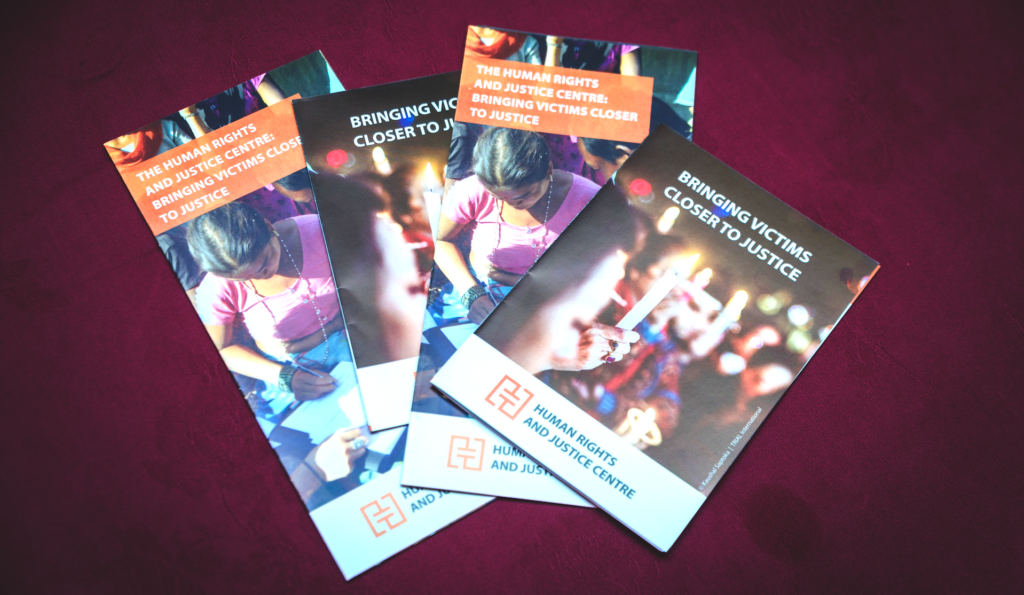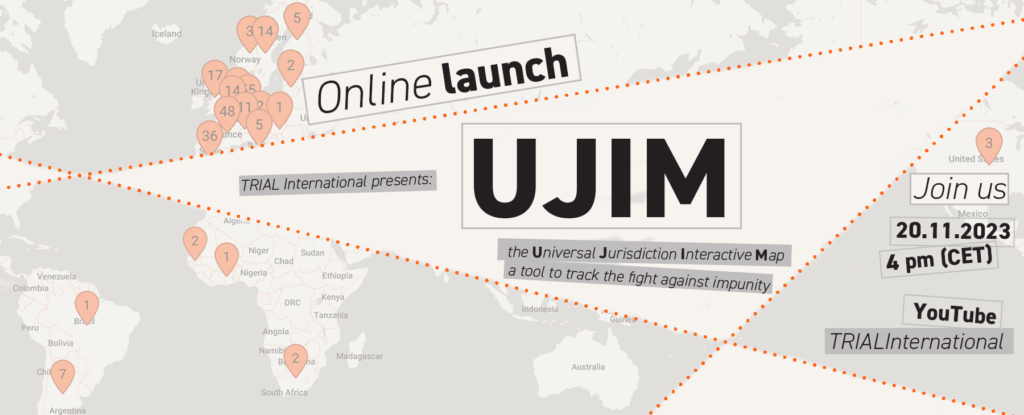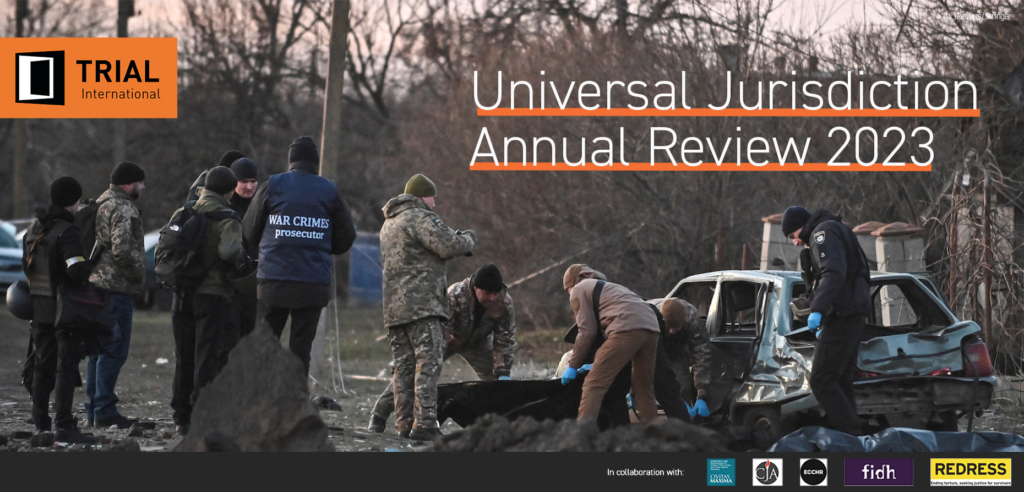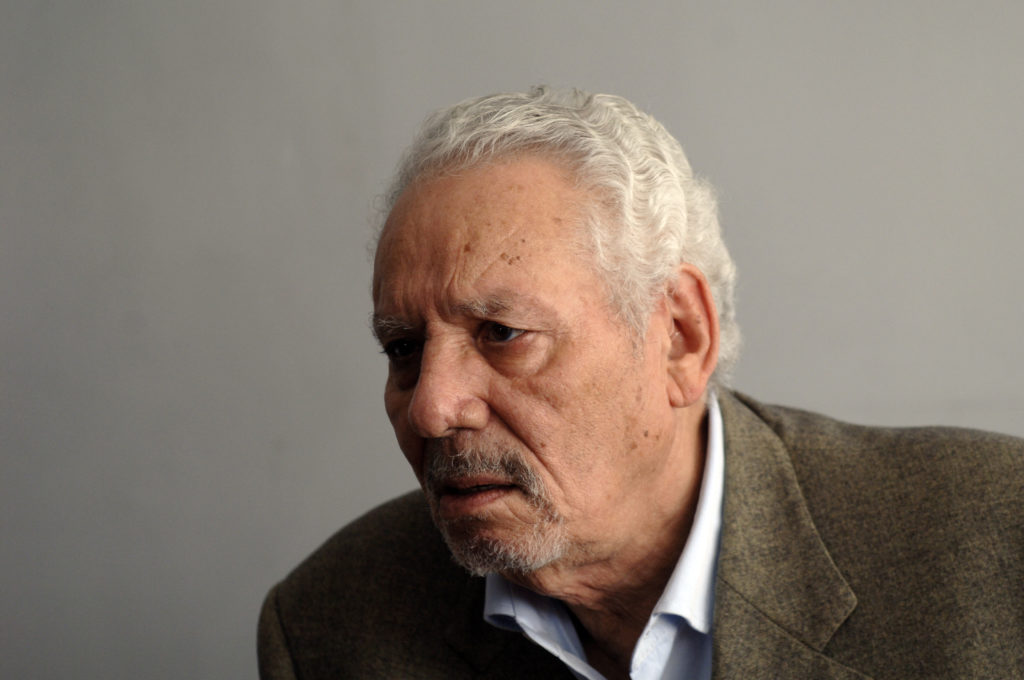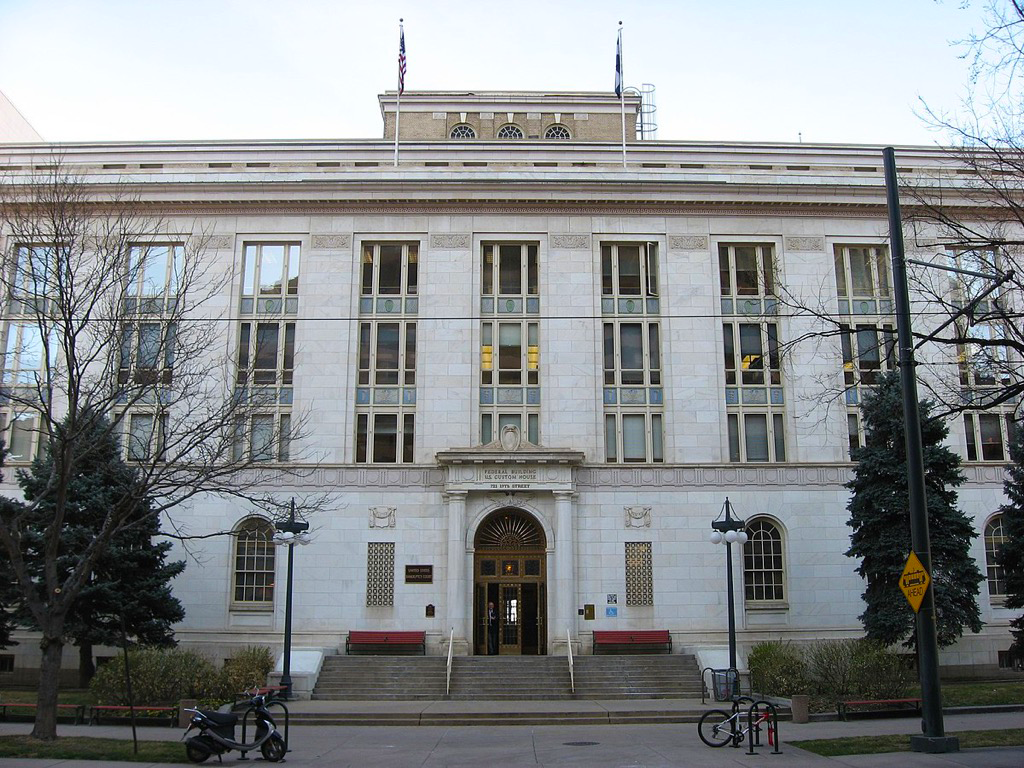Time for Nepal to deliver justice to conflict victims
The truth, justice and reparations promised to the victims of the atrocious armed conflict (1996-2006) have not begun to be delivered. Fifteen years after the signing of the Comprehensive Peace Agreement, which led to the establishment of a Truth and Reconciliation Commission and a Commission of Inquiry into Enforced Disappearances, successive Nepali governments have been unable to complete the peace process and bring closure to the wounds and grievances that persist from the conflict era.

Four organizations (Amnesty International, International Commission of Jurists, Human Rights Watch and TRIAL International) use this anniversary to point to the Nepali state’s procrastination. The transitional justice process that has been announced on many occasions is indeed subject to political blockages.
Recourse to this solution seems to be the only hope for victims, as Nepal’s respect for human rights remains questionable. This was demonstrated during the most recent Universal Periodic Review (UPR) of its human rights performance, which took place in January at the Human Rights Council in Geneva.
Many U.N. member states have expressed concern about delays and weaknesses in the transitional justice process and have called on the government to ensure that an independent and rights-based process can be put in place.
“Nepal’s transitional justice process needs to provide truth, justice and reparation to victims and their families, as well as accountability for perpetrators and guarantees of non-recurrence,” said Cristina Cariello, head of the Nepal program at TRIAL International. “Despite threats and intimidation, and seemingly endless delays, victims’ groups have been steadfast in demanding justice – to be credible this process must win their trust.”
“ Nepal’s international partners should press the government to fulfill its legal obligations and fulfill its commitments on justice and accountability, and stand ready to support a credible justice process,” said Nirajan Thapaliya, director of Amnesty International Nepal. “ To be credible and successful, it is vital that any transitional justice process upholds victims’ rights to truth, justice and reparations and other human rights standards of Nepali and international law.”
From 1996 to 2006, Nepal was rocked by a civil war that left more than 13,000 people dead, according to several sources. About 150,000 people have fled the conflict areas to other regions, mainly to the capital Kathmandu.
Read more on the Nepal case on our website
Transitional justice: a make or break opportunity for Nepal?
Ahead of Nepal’s UPR, States must pull their weight in the fight against impunity



